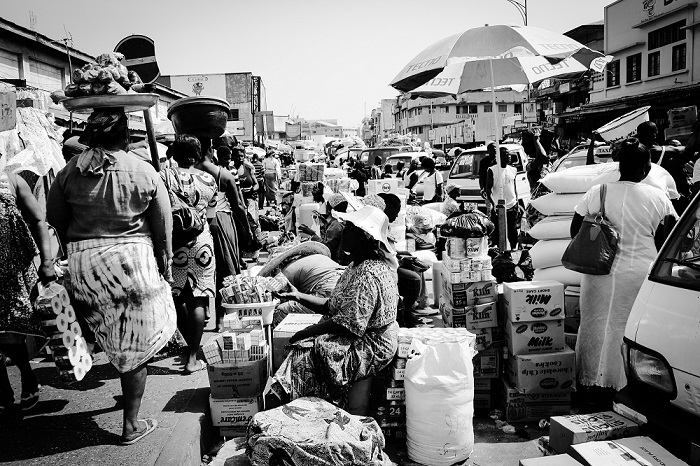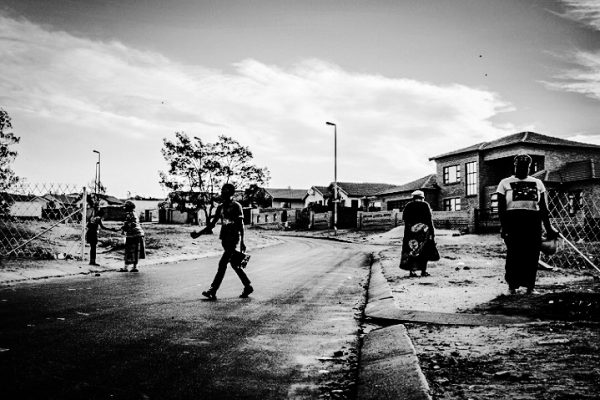It would make investors less willing to consider South Africa. This will put pressure on the rand, make it difficult to finance infrastructure.
Credit ratings agencies, Moody‘s Investors Service in particular, have South Africa in a panic about a downgrade. But what will a credit rating downgrade mean?
It would make investors less willing to consider South Africa. This will put pressure on the rand, make it difficult to finance infrastructure projects, pay back our debt, create jobs and get the economy back on track.
All that means more pain for the average household. As unpopular as Moody‘s downgrades are, it is out of the country‘s hands what investors do with the information. However, South Africans should take the Moody‘s country review seriously, because many investors in capital markets take them seriously. Ratings agencies have made many mistakes, in the credit crisis in particular, and they often reflect consensus, instead of telling the “market” anything particularly new quickly enough.
The agencies are a reputable means to understand the risk associated with a financial instrument. Their methodology uses information that is available to most economists.
Not all investors like Moody‘s methodology, and countries like Finland and France have still seen reasonable yields following downgrades from AAA ratings.
Country ratings are contentious as they often rely on subjective analyses of political and economic risk. Moody‘s, in particular, has been accused of being too powerful. Countries like Russia have criticised overly pessimistic analysis, while small open economies, such as South Africa‘s, are particularly vulnerable to sentiment. It is debatable whether ratings methodologies for sovereign debt are fully comparative. Countries are not only economies and markets, but are also cultures and societies.
There should be more nuance in determining inputs for gross domestic product, prosperity, governance and debt metrics. But a downgrade is not done lightly. The process takes into account views of several people with a lot of experience. The main worry is the effect a downgrade could have on financial flows, mainly out of South Africa. But, given the pressure on the economy at the moment, it is likely that political instability and economic problems were priced into projections over a year ago, and that capital has already left.
To not have seen the leadership problems with Jacob Zuma‘s presidency you would have had to have been asleep at the wheel. If a downgrade means slowing flows will lead to the government taking more disciplined action on the economy, then a downgrade may have a positive effect.
*This article featured in the Rand Daily Mail and can be viewed by clicking here.








